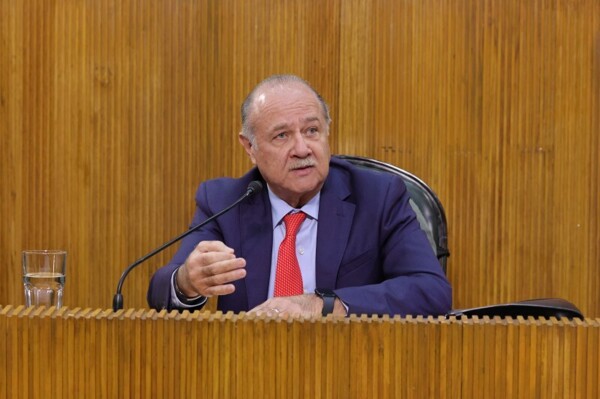
An efficient public-private supply system can contribute to reducing dependency on imports and strengthening the internal economy of a country. It is crucial that this system includes investments in training and technology to improve the production and quality of domestic products. Such schemes should be the foundation of a new agreement aimed at economic growth.
Creating a public-private supply system to boost economic development is quite a challenge, but if approached with an innovative mindset, it can become a key driver for the economy and the well-being of the population. Continuous assessments are essential to ensure the efficiency of the supply system and promote constant improvement.
One of the fundamental aspects would be mixed financing to encourage innovation, directing public funds towards strategic projects and allowing the private sector to invest in innovation. Historically, industrialized countries have developed large industrial complexes through public-private supply systems.
This approach not only promotes trade but also becomes a pillar of sustainable and inclusive economic growth. For it to function properly, the public sector must facilitate access to basic infrastructures and develop a transparent digital procurement platform.
It is crucial to collaborate with environmental experts to design strategies for reducing the carbon footprint in logistics and distribution. The supply system must prioritize sourcing local products, fostering domestic production and local talent development. Part of the profits should be allocated to a reinvestment fund for research and development projects.
Moreover, it is essential that the supply system commits to sustainability by including low environmental impact products and services. To achieve successful implementation of this strategy, a collaboration ecosystem between the public sector, private companies, and entrepreneurs is needed, where each actor has a defined role and the creation of regional supply clusters is encouraged.
In the energy sector, suppliers should develop mechanisms for electric energy storage and training programs for local companies. It is vital to enable technological platforms to collect data and better understand the demand and impact of the supply system in the country.
This is a key moment to define a new public-private relationship in the energy sector and give a boost to economic growth. It is important to prioritize sustainable products and services and implement reward systems for companies that operate responsibly. The use of technologies such as artificial intelligence and blockchain can improve the efficiency and transparency of the supply system.














